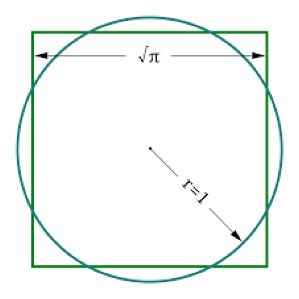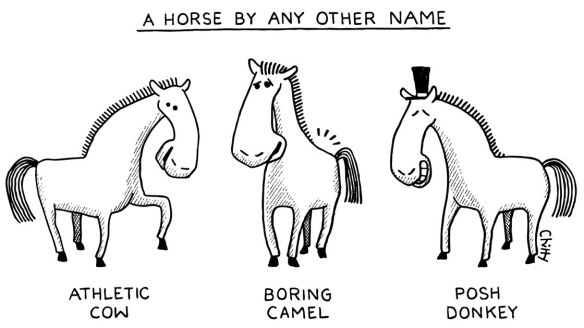By Dr. Rosana Gulzar Mohd
EXCERPT : If you could reform Islamic Banks, how would it be? We would have to think along the lines of PLS since as described earlier, it is among the main tenets of Islamic Banking. PLS, if well-implemented, can result in higher financial equality and stability, thereby improving the economy. But experience shows that not everyone tells the truth so banks have been swindled. The solution perhaps lies in Germany, where for almost 200 years, cooperative banks have thrived. The way they focus on people as opposed to profits stands in stark contrast to our Islamic banks. This means funding projects that benefit the community and sharing profits with customers since they are also owners of the banks. This ownership structure has also kept non-repayments low.
In the final piece, Dr Rosana proposes that the Islamic Banking model can use to benefit exploring the existing structures of Cooperative Banks, that embodies closely what is envisioned as Islamic Banking can be. There are fine examples of what are available in Germany and Indonesia where structures are receiving good support and responses by the community. Take the opportunity to consider Cooperative Banks as an option that can meet the expectations of Shariah.
For more writings under Dr Rosana, visit the page in this site which houses more of her writings by clicking below:





